What treatment
10+ Highly Rated Stem Cell Treatment for Autoimmune Diseases Clinics in United States
Reach Out to These Certified Stem Cell Treatment for Autoimmune Diseases Clinics List in United States Loved by Patients!
Regenestem Fort Lauderdale, USA
Overview
Regenestem is a leading regenerative medicine center in Fort Lauderdale, USA, specializing in treatments for neurological conditions, COPD, MS, and more.
Read more details
California Wellness Institute
Overview
Discover Urology and Anti Aging Regenerative Medicine at California Wellness Institute in Rancho Mirage, California, USA - CWIs expert care.
Read more details
Personalized Regenerative Medicine
Overview
Personalized Regenerative Medicine provides best Regenerative Medicine in Los Angeles, USA. Book online now PRP Treatment and Regenerative Injections at Personalized Regenerative Medicine.
Read more detailsBlatman Health and Wellness Center
Overview
Experience advanced Regenerative Medicine at Blatman Health and Wellness Center in Cincinnati, USA. Rejuvenate your health today!
Read more detailsDiscover your treatment options with a free, no-obligation quote!
Get your quote now!PlacidWay Medical Tourism
Overview
Discover affordable, quality healthcare worldwide with PlacidWay Medical Tourism. Access trusted clinics, top doctors, and personalized treatment plans.
Read more detailsThe Institute of Regenerative Medicine
Overview
The Institute of Regenerative Medicine provides best Regenerative Medicine in Boca Raton, Florida. Book online now Regenerative Medicine for Knee Joint, Shoulder, Hip at PlacidWay!
Read more detailsAmira Integrative Health by MJA Healthcare
Overview
Amira Integrative Health by MJA Healthcare in East Stroudsburg, PA, United States offers top regenerative therapies and holistic care for transformative health.
Read more detailsNew York Regenerative Medicine Center
Overview
New York Regenerative Medicine Center, located in New York City, USA, offers Stem Cell Therapy for a variety of procedures, from knee and hip problems to Muscular Dystrophy, Parkinson's and Lupus.
Read more detailsDiscover your treatment options with a free, no-obligation quote!
Get your quote now!Thrive MD
Overview
Thrive MD provides best Regenerative Medicine in Miami, Florida. Book online now Regenerative Medicine for Hip, Regenerative Medicine for Knee, and Regenerative Medicine for Shoulder at Thrive MD.
Read more detailsRegenestem Plantation Florida
Regenestem Plantation Florida is a leading stem cell treatment center in the United States. They aim to deliver comprehensive solutions for several ailments such as Arthritis, Autism, COPD, Diabetes, Multiple Sclerosis, Erectile Dysfunction and Orthopedic conditions among others.
Stem Cell Therapy of Las Vegas and Med Spa
Stem Cell Therapy of Las Vegas and Med Spa is a stem cell treatment medical center located in Las Vegas, Nevada, United States. They provide the latest technological solutions when it comes to stem cell treatments and extend their helping hand to all those in need. Find out more about them here.
Stemedix, Inc
Stemedix, Inc provides effective Regenerative Medicine, known as Stem Cell Therapy in Saint Petersburg, Florida. Book online now Stem Cell Treatment for ALS, Stem Cell Treatment for Alzheimer's Disease, and Stem Cell Treatment for Multiple Sclerosis at Stemedix, Inc.
Which are the top-rated clinics for Stem Cell Treatment for Autoimmune Diseases in the United States?
When seeking stem cell treatment for autoimmune diseases in the United States, several clinics stand out for their patient ratings and recommendations. Top options include Regenestem Fort Lauderdale, California Wellness Institute, Thrive MD, Personalized Regenerative Medicine, Blatman Health and Wellness Center, and The Institute of Regenerative Medicine. These facilities often specialize in regenerative therapies, offering advanced care and positive patient experiences for various autoimmune conditions. Always review individual clinic profiles for their specific expertise and patient testimonials.
Choosing the right clinic for autoimmune stem cell treatment is a significant decision, and patient feedback often provides valuable insights. Based on high ratings and patient recommendations, some leading facilities in the U.S. include:
- Regenestem Fort Lauderdale: Known for its regenerative medicine, with strong patient satisfaction scores.
- California Wellness Institute: Highly recommended for its holistic approach and positive patient experiences.
- Thrive MD: Consistently receives top ratings for regenerative medicine treatments.
- Personalized Regenerative Medicine: Recognized for its patient-focused care and excellent outcomes in regenerative therapies.
- Blatman Health and Wellness Center: A well-established center with numerous positive patient reviews and high recommendations.
- The Institute of Regenerative Medicine: Offers specialized regenerative treatments with strong patient satisfaction.
What is stem cell therapy for autoimmune conditions and how does it work in a clinical setting?
Stem cell therapy for autoimmune diseases aims to reset or modulate the immune system, reducing inflammation and promoting tissue repair. In a clinical setting, mesenchymal stem cells (MSCs) are often used due to their immunomodulatory properties. These cells are typically harvested from a patient's own body (autologous) or from a donor (allogeneic), processed, and then infused or injected to target affected areas and restore immune balance.
Autoimmune diseases occur when the body's immune system mistakenly attacks its own healthy tissues. Stem cell therapy offers a promising approach by utilizing the unique properties of stem cells to calm this overactive immune response.
- Immune Modulation: Stem cells, particularly Mesenchymal Stem Cells (MSCs), have powerful anti-inflammatory and immunomodulatory effects. They can help suppress the destructive immune response that characterizes autoimmune diseases.
- Tissue Repair: Beyond immune regulation, stem cells can also promote the repair of tissues that have been damaged by chronic inflammation, which is common in conditions like rheumatoid arthritis or lupus.
- Clinical Procedure: Treatment typically involves collecting stem cells (e.g., from bone marrow or adipose tissue), processing them to concentrate the therapeutic cells, and then administering them back into the patient's body, often via intravenous infusion or direct injection into affected joints or organs. The goal is to encourage healing and restore proper immune function.
How do US clinics ensure the safety and efficacy of stem cell treatments for autoimmune diseases?
US clinics offering stem cell treatments prioritize safety through stringent protocols, adherence to regulatory guidelines, and thorough patient screening. Many operate under Institutional Review Board (IRB) approval for research protocols or offer FDA-compliant therapies. Efficacy is often monitored through comprehensive diagnostics, personalized treatment plans, and ongoing patient follow-up, aiming for improved patient outcomes and minimal adverse effects in autoimmune disease management.
Ensuring patient safety and treatment effectiveness is paramount for reputable stem cell clinics in the U.S. They achieve this through several key practices:
- Regulatory Adherence: Many clinics operate within the framework of FDA regulations, particularly when using a patient's own minimally manipulated cells for homologous use. Some participate in FDA-approved clinical trials.
- Accreditation and Certification: Look for clinics that hold relevant accreditations or certifications, signifying adherence to high standards of medical practice.
- Comprehensive Patient Evaluation: Before any treatment, clinics conduct extensive evaluations, including medical history, current health status, and specific autoimmune condition diagnostics, to determine suitability for stem cell therapy.
- Quality Control: Strict protocols are in place for cell harvesting, processing, and administration to maintain sterility and cell viability.
- Post-Treatment Monitoring: Patients receive careful monitoring and follow-up care to assess treatment response, manage any potential side effects, and track long-term outcomes.
What factors should patients consider when selecting a stem cell clinic for autoimmune treatment in the United States?
When choosing a stem cell clinic for autoimmune treatment in the US, patients should prioritize accreditation, the medical team's expertise, the specific stem cell types used, and the clinic's treatment protocols. It's crucial to verify their regulatory compliance, review patient testimonials, inquire about their post-treatment care plans, and ensure comprehensive diagnostic assessments are part of their process.
Selecting the right clinic is crucial for a successful stem cell therapy journey. Here are important factors to consider:
- Clinical Experience and Specialization: Ensure the clinic and its medical team have extensive experience specifically with autoimmune diseases and regenerative medicine. Look for a focus on your particular condition.
- Stem Cell Source and Type: Understand where the stem cells are sourced (e.g., adipose tissue, bone marrow, umbilical cord) and the specific types of cells used (e.g., MSCs). Research the scientific evidence supporting their use for your condition.
- Regulatory Compliance: Confirm that the clinic adheres to all U.S. regulatory guidelines set by the FDA for regenerative medicine. This might involve using cells within FDA-approved frameworks or participating in legitimate clinical trials.
- Transparency in Protocols: A reputable clinic will clearly explain their entire treatment protocol, including screening, cell processing, administration, and expected follow-up.
- Patient Support and Follow-up: Assess the level of patient support offered before, during, and after treatment, including rehabilitation recommendations and long-term monitoring.
- Patient Testimonials and Outcomes: While individual results vary, positive testimonials and transparent sharing of patient outcomes can provide valuable reassurance.
What autoimmune diseases are commonly treated with stem cell therapy in US clinics?
US clinics utilize stem cell therapy for a range of autoimmune conditions like Rheumatoid Arthritis, Multiple Sclerosis, Lupus, Crohn's Disease, and Type 1 Diabetes. The therapy aims to reduce inflammation and modulate the immune system, offering a regenerative approach to managing these complex diseases. Treatment plans are often customized based on the specific autoimmune disorder and individual patient needs.
Stem cell therapy in the U.S. is being explored for its potential to address various autoimmune diseases by targeting immune system dysregulation and promoting healing. Some of the autoimmune conditions commonly treated or studied in US clinics include:
- Rheumatoid Arthritis (RA): Stem cells can help reduce joint inflammation and repair damaged cartilage.
- Multiple Sclerosis (MS): The immunomodulatory effects of stem cells may help slow disease progression and alleviate symptoms.
- Lupus (Systemic Lupus Erythematosus - SLE): Stem cell therapy aims to reduce systemic inflammation and rebalance immune responses.
- Crohn's Disease: For inflammatory bowel conditions, stem cells can help reduce gut inflammation and promote tissue regeneration.
- Type 1 Diabetes: Research focuses on protecting existing insulin-producing cells and potentially regenerating new ones.
- Scleroderma: Stem cells may help in reducing fibrosis and improving organ function.
What kind of patient support services are available at US stem cell clinics for autoimmune patients?
US stem cell clinics typically offer comprehensive patient support for autoimmune conditions, including initial consultations, detailed diagnostic evaluations, personalized treatment planning, and extensive post-procedure follow-up. Many also provide patient education, coordination for travel and accommodation for out-of-town patients, and access to supportive therapies like nutritional guidance or physical rehabilitation.
Beyond the medical procedure itself, leading US stem cell clinics understand the importance of holistic patient care, especially for those managing autoimmune diseases. Patients can typically expect:
- Pre-Treatment Consultations: In-depth discussions to assess candidacy, explain the procedure, and answer all questions.
- Personalized Treatment Plans: Tailored protocols that consider the patient's specific autoimmune condition, health status, and goals.
- Coordination Services: For patients traveling from out of town or internationally, clinics may assist with logistics like travel arrangements, local accommodation, and transportation.
- Post-Procedure Care: This includes instructions for recovery, medication management, and scheduled follow-up appointments to monitor progress and adjust care as needed.
- Patient Education: Resources and support to help patients understand their condition, the therapy, and lifestyle recommendations for optimal long-term health.
- Integrative Therapies: Some clinics may offer or recommend complementary therapies such as physical therapy, nutritional counseling, or mental wellness support to enhance overall well-being.
How do US clinics monitor treatment progress after stem cell therapy for autoimmune diseases?
US clinics monitor treatment progress after stem cell therapy for autoimmune diseases through a multi-faceted approach. This typically involves regular clinical assessments, blood tests to track inflammatory markers and immune function, patient-reported outcome measures, and follow-up imaging studies. They ensure continuous communication and adjust personalized care plans to optimize long-term results and patient well-being.
Effective monitoring is key to assessing the success of stem cell therapy for autoimmune conditions. Clinics in the U.S. typically employ a range of methods for this:
- Regular Clinical Assessments: Scheduled follow-up appointments allow the medical team to physically examine the patient, discuss symptom changes, and evaluate overall health improvements.
- Blood Biomarkers: Blood tests are frequently used to track inflammatory markers (e.g., CRP, ESR) and specific autoantibodies, which can indicate disease activity and treatment response.
- Patient-Reported Outcomes (PROs): Patients are often asked to complete questionnaires or surveys to assess their quality of life, pain levels, fatigue, and functional abilities, providing direct insight into their experience.
- Imaging Studies: For conditions affecting joints or organs, follow-up MRI, X-ray, or ultrasound scans may be performed to visualize changes in tissue health and structure.
- Immune System Analysis: Advanced tests may be used to analyze immune cell populations and cytokine levels, providing a deeper understanding of how the stem cells are modulating the immune system.
- Telemedicine Consultations: Many clinics offer virtual follow-ups, especially for patients who traveled, making ongoing care convenient and accessible.
What are the long-term benefits and considerations of stem cell treatment for autoimmune conditions in the United States?
Long-term benefits of stem cell treatment for autoimmune conditions in the US can include sustained reduction in inflammation, improved symptom management, enhanced quality of life, and potentially reduced reliance on immunosuppressive medications. Key considerations involve ongoing lifestyle management, adherence to follow-up care plans, and understanding that individual responses to regenerative therapies can vary.
For patients considering stem cell therapy for autoimmune diseases in the U.S., understanding the potential long-term outlook is vital:
- Sustained Symptom Improvement: Many patients report lasting relief from pain, fatigue, and other debilitating symptoms, leading to an improved quality of life.
- Reduced Inflammation: The immunomodulatory effects of stem cells can lead to a sustained reduction in systemic inflammation, a core component of autoimmune pathology.
- Decreased Medication Reliance: Some patients may be able to reduce or, in some cases, discontinue their conventional immunosuppressive medications under strict medical supervision.
- Enhanced Tissue Function: For conditions with tissue damage (e.g., joint erosion in RA), stem cells may contribute to long-term tissue repair and improved organ function.
- Variability in Response: Not all patients respond identically to stem cell therapy. Outcomes can depend on the specific disease, its severity, and individual patient factors.
- Ongoing Lifestyle Management: Stem cell therapy is not a "magic bullet." Maintaining a healthy lifestyle, including diet, exercise, and stress management, is crucial for supporting long-term results.
- Need for Follow-up: Regular follow-up with the treating clinic and primary care physician is essential to monitor long-term effects and manage overall health.
Can US stem cell clinics offer treatments for rare or complex autoimmune diseases?
Yes, many specialized US stem cell clinics have the expertise and infrastructure to explore treatments for rare or complex autoimmune diseases, often through advanced research protocols or expanded access programs. These clinics typically conduct thorough diagnostic workups and develop highly individualized regenerative medicine strategies tailored to the unique challenges of less common conditions.
The advanced medical landscape in the United States means that many clinics are equipped to handle a broad spectrum of conditions, including those that are rare or particularly challenging to treat with conventional methods.
- Specialized Expertise: Clinics focusing on regenerative medicine often have specialists with experience in a wide array of autoimmune disorders, including those not commonly encountered in general practice.
- Research and Innovation: The U.S. is a hub for medical research. Some clinics are involved in clinical trials or investigational protocols for rare diseases, offering cutting-edge approaches.
- Personalized Protocols: For complex cases, clinics emphasize detailed diagnostics and create highly customized stem cell protocols, recognizing that a one-size-fits-all approach is insufficient for rare conditions.
- Multidisciplinary Teams: Patients with complex autoimmune diseases often benefit from a team approach involving immunologists, neurologists, rheumatologists, and regenerative medicine specialists working collaboratively.
What makes a US stem cell clinic a preferred choice for international patients with autoimmune diseases?
US stem cell clinics are often preferred by international patients with autoimmune diseases due to stringent regulatory oversight, high standards of medical care, access to cutting-edge research and technologies, and experienced medical professionals. Many clinics also provide robust support services like international patient coordination, language assistance, and streamlined logistical arrangements, ensuring a comfortable treatment experience.
International patients frequently choose the U.S. for stem cell therapy for autoimmune diseases due to several compelling reasons:
- High Standards of Care: The U.S. healthcare system is renowned for its high quality, patient safety protocols, and advanced medical infrastructure.
- Leading-Edge Technology and Research: American clinics often have access to the latest regenerative medicine technologies and are at the forefront of stem cell research and clinical trials.
- Experienced Specialists: Patients benefit from highly trained and experienced medical professionals who specialize in autoimmune diseases and advanced regenerative therapies.
- Regulatory Assurance: While the field is evolving, the FDA provides a framework for safety and oversight, which can offer reassurance to international patients.
- Comprehensive Patient Services: Many clinics offer dedicated international patient departments that provide assistance with visa applications, travel planning, accommodation, language interpretation, and local transportation, making the process smoother.
- Reputation and Trust: The global reputation of U.S. medical institutions instills confidence in patients seeking complex and advanced treatments.
How PlacidWay helps individuals access Stem Cell Treatment for Autoimmune Diseases in United States?
PlacidWay provides detailed, up-to-date information about Stem Cell Treatment for Autoimmune Diseases, including benefits, risks, and expected outcomes, empowering you with the knowledge to make informed healthcare decisions. We help you compare treatment options across various accredited clinics, ensuring you find affordable solutions without compromising on the quality of care in the United States.
PlacidWay assists you in finding trusted, accredited clinics and medical professionals specializing in Stem Cell Treatment for Autoimmune Diseases in the United States. We offer one-on-one consultations to thoroughly understand your specific needs and preferences, guiding you through every step of the process. Our dedicated support continues after your treatment, providing follow-up care and recovery assistance to ensure a smooth and effective healing journey.
Ready to get Stem Cell Treatment for Autoimmune Diseases in United States? Contact us today for a personalized consultation.











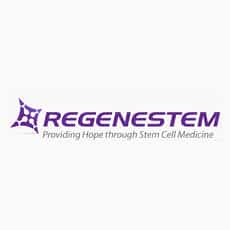
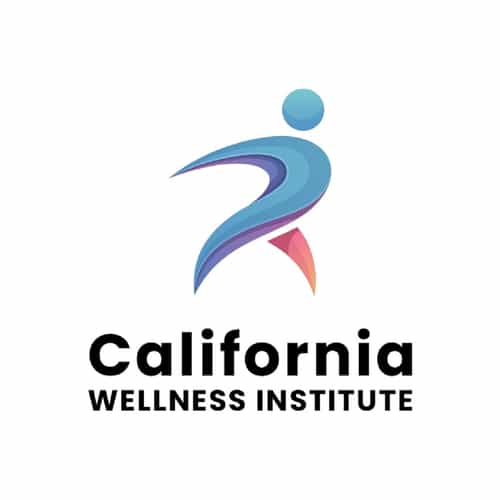

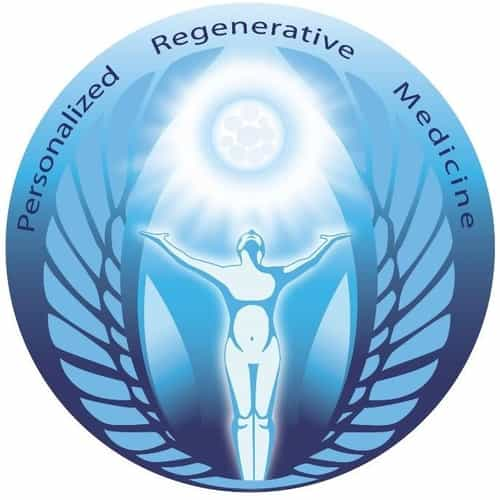
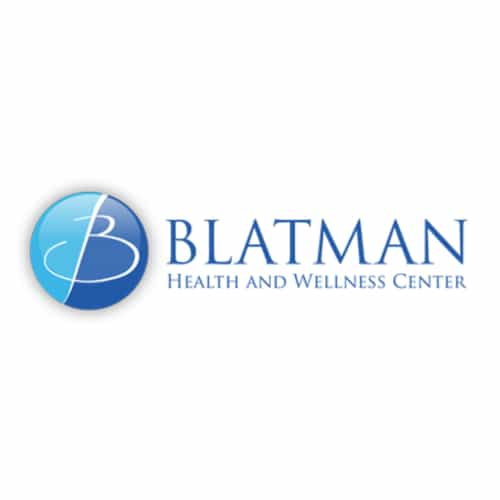
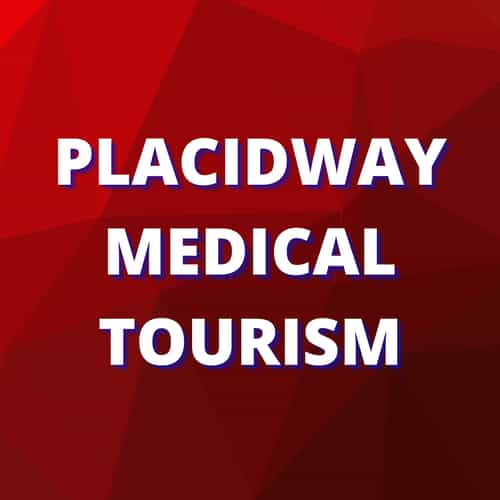
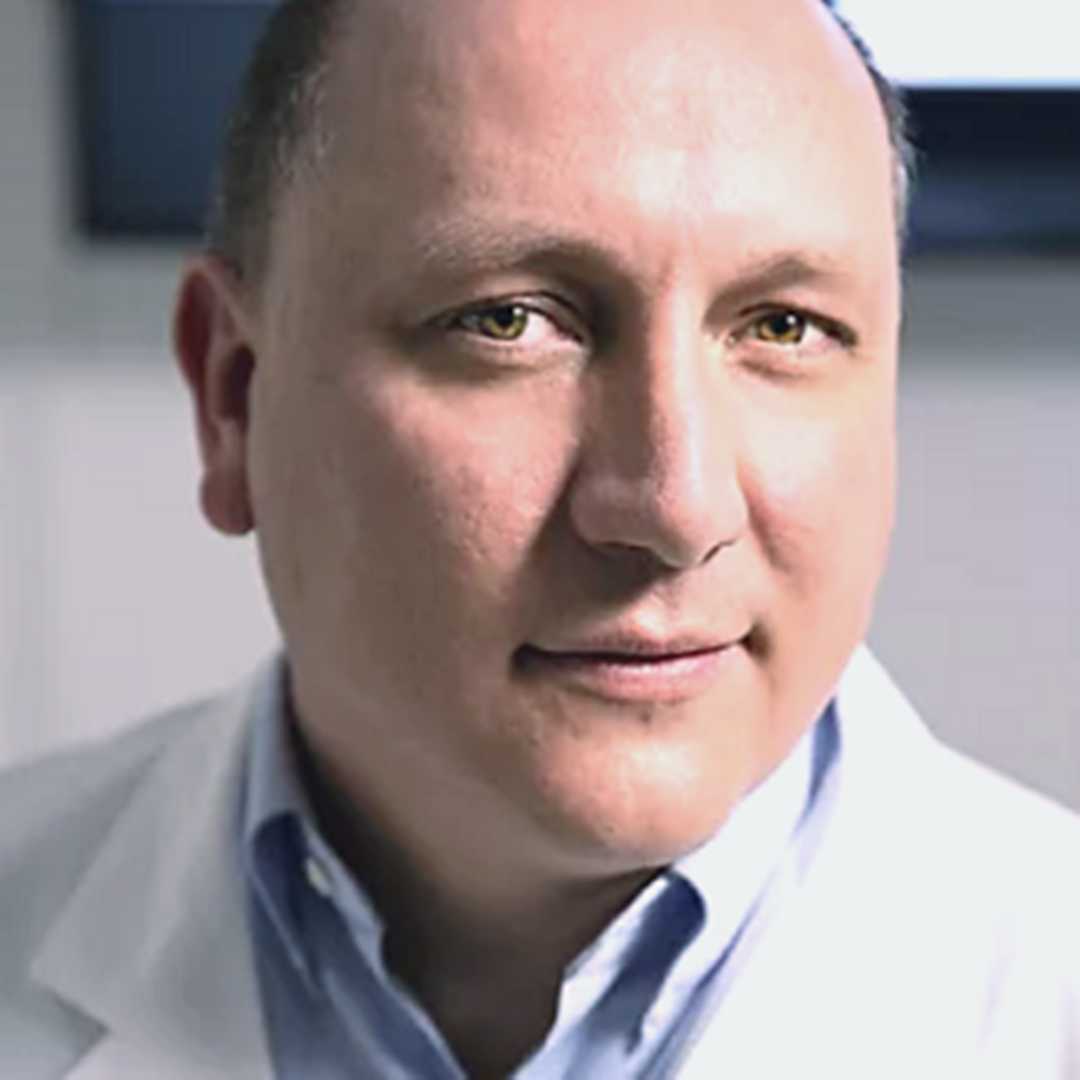
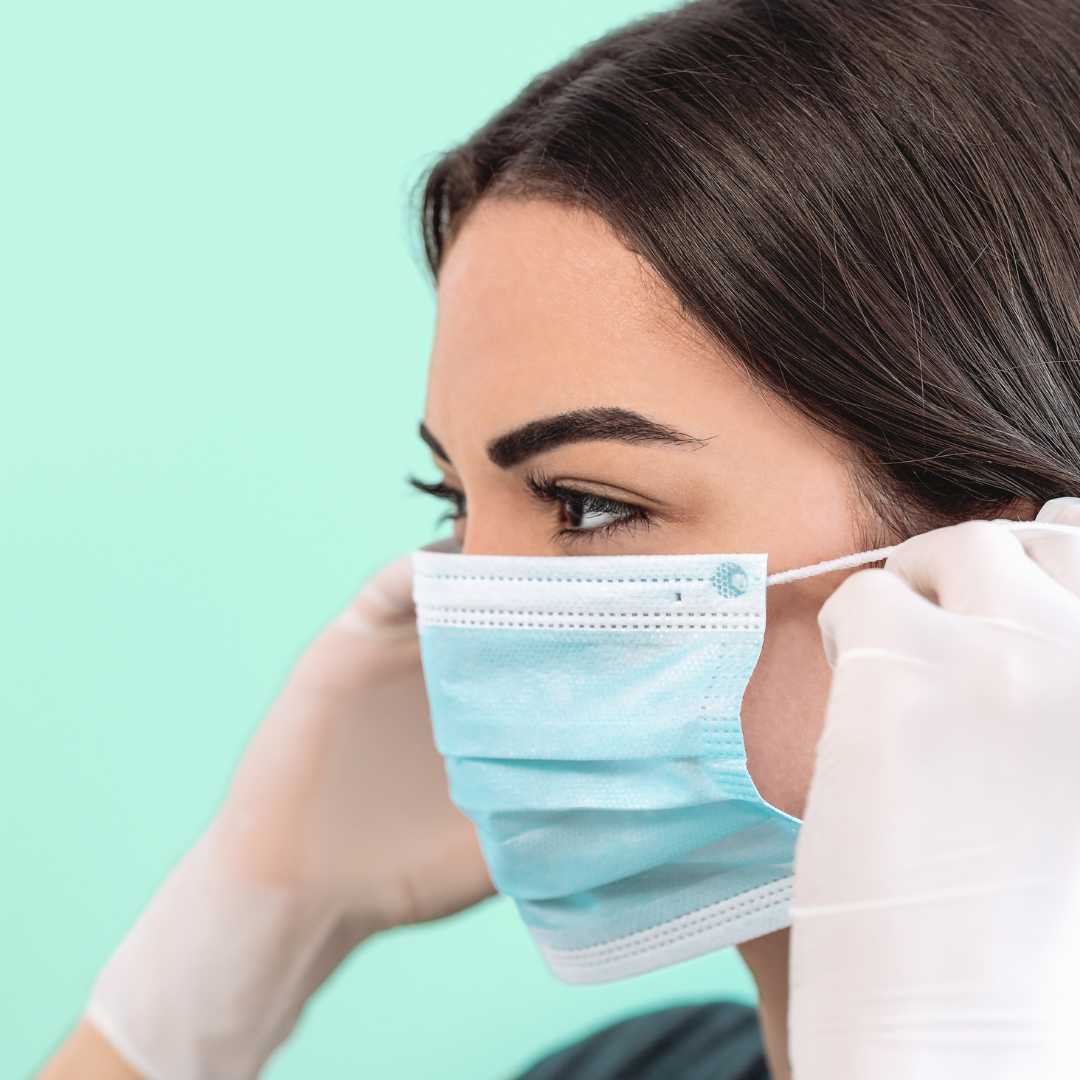



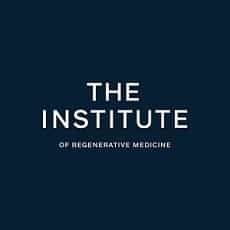
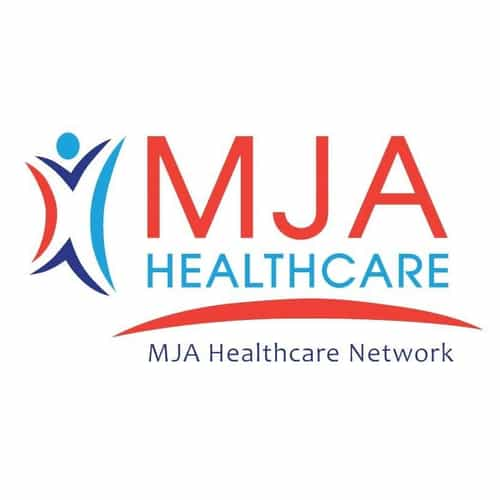
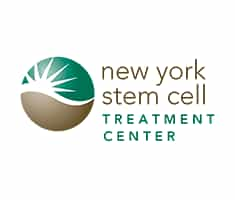
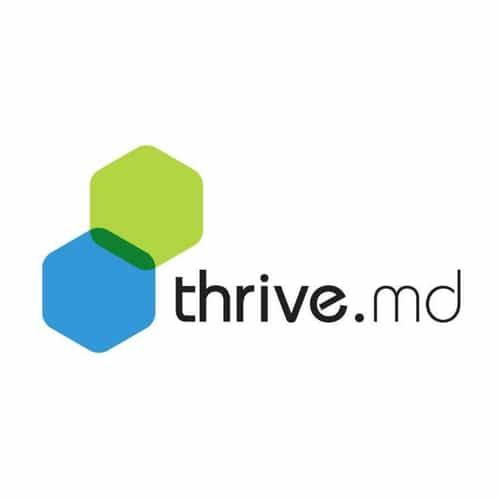
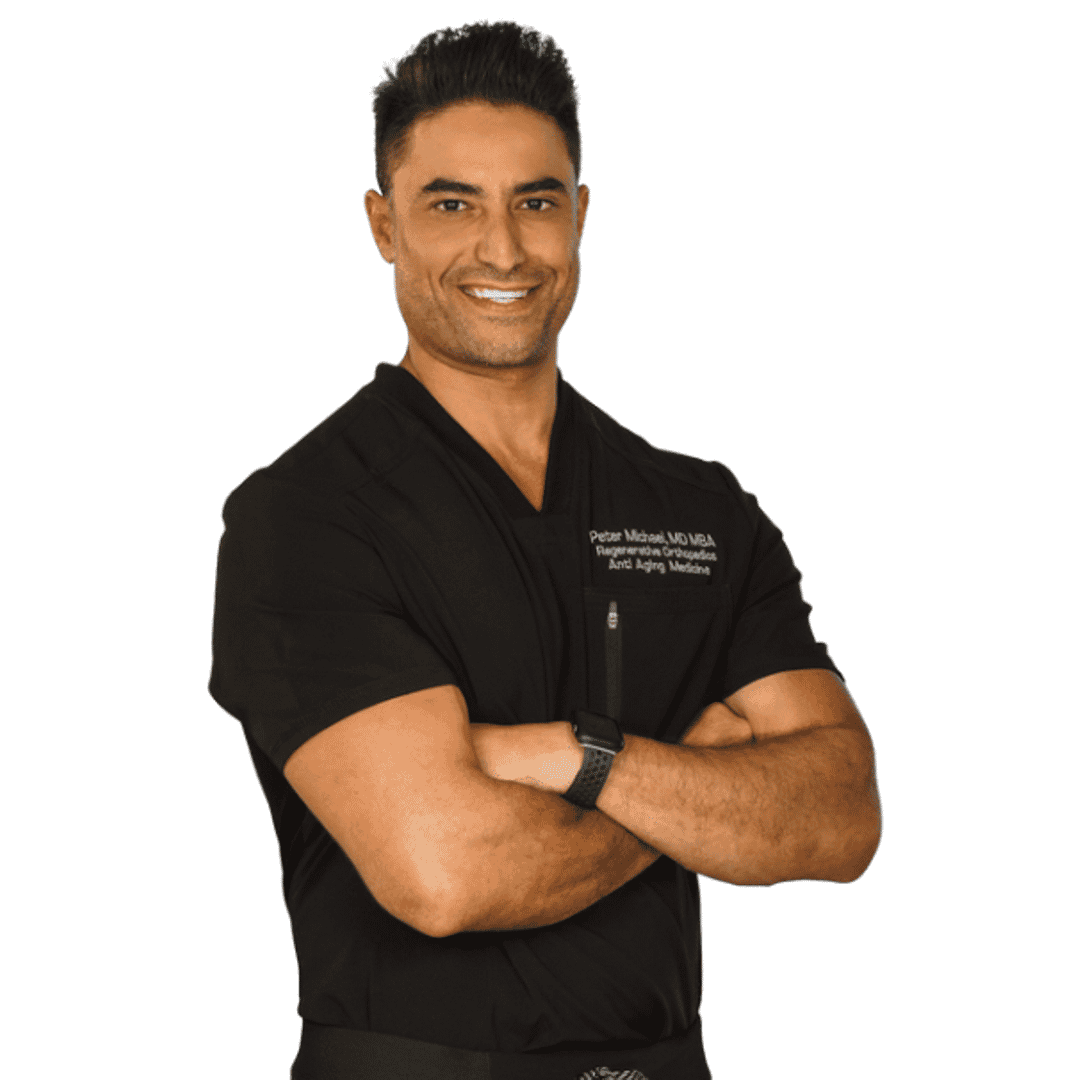




.png)
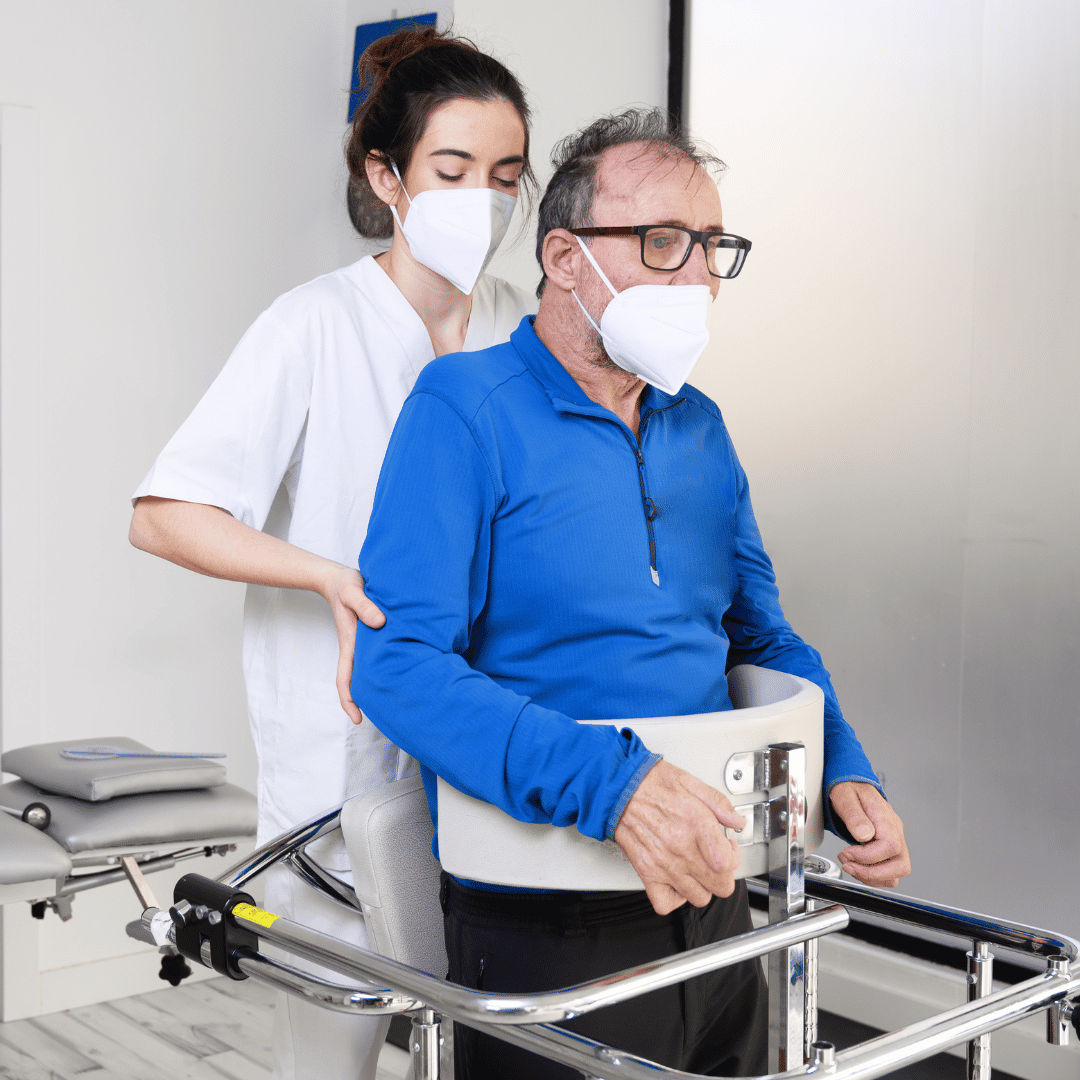



I just visited Regenestem office in Plantation, Florida and did an adipose stem cell procedure, peripheral blood stem cell, Ozone and IV vitamins treatment. It is a very clean safe place with excellent team who takes care of you. Everything was explained and all the questions answered. Dr. Stephen Channey is the best doctor I have ever met, he is very professional, caring and loving person. He does care about the patient and outcomes of the procedure. He knows what he is doing 100% and makes you feel at ease during the procedure. He answered all the questions during and after treatment and he has a great sense of humor so he makes you laugh! I would definitely recommend Regenestem to my friends and family. You will be in good hands! Ricardo and his team are the best!
Read More